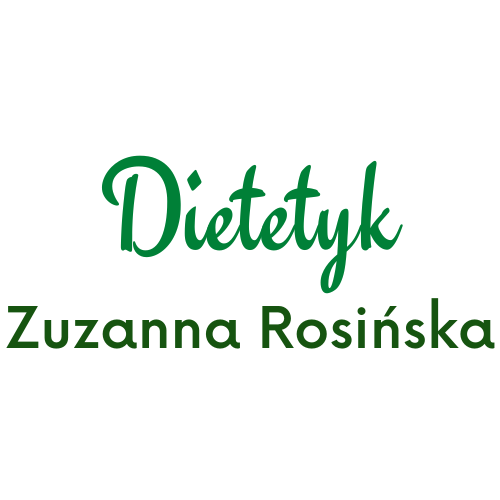What is the MOST EFFECTIVE DIET? Bez kategorii
What is a diet?
Diet is a way of eating, which is a set of foods consumed by a person during the day or over an extended period of time. The diet can be set based on a variety of factors, such as age, gender, physical activity level, health status, culinary preferences and health goals. The diet should provide the body with adequate amounts of nutrients such as proteins, carbohydrates, fats, vitamins and minerals to ensure proper functioning and health.
There are different types of diets, such as balanced diet, low calorie diet, vegetarian diet, gluten-free diet, lactose-free diet, ketogenic diet, etc., which are used according to the goals and needs of a person.
Why is proper DIET so important for HEALTH?
Diet is extremely important for health, as it provides the body with nutrients that are necessary for proper functioning. Consuming adequate amounts of proteins, carbohydrates, fats, vitamins and minerals ensures that the body has enough energy to perform daily activities, regenerates, strengthens the immune system, maintains hormone levels in the body, accelerates wound healing and much more.
Inadequate diet can lead to various health problems such as obesity, diabetes, heart disease, digestive system disease, vitamin and mineral deficiencies, anemia, nervous system problems and even cancer. Therefore, it is important to choose healthy foods and provide the body with all the necessary nutrients through a balanced and varied diet.
What is the purpose of using DIET?
The purpose of using a diet is to provide the body with adequate amounts of nutrients, such as proteins, carbohydrates, fats, vitamins and minerals, to ensure the proper functioning of the body. The diet can have different goals depending on the needs of the person who follows it. For example, people who want to lose weight can use a weight-reducing diet to reduce the amount of calories they eat and speed up fat burning.
People who practice strength sports can follow a high-protein diet to increase muscle mass. Diet can also help prevent diseases such as diabetes, heart disease, hypertension and many more. In any case, it is important that the diet is properly balanced and tailored to individual needs to ensure optimal health and well-being.
Effectiveness of diet in diet therapy of diseases and weight loss
Diet is an important element in diet therapy of diseases and weight loss. For diseases, a proper diet can help to alleviate symptoms, improve health and reduce the risk of complications. In the case of weight loss, diet plays a key role in reducing weight by controlling calories consumed and maintaining the body’s energy balance.
However, the effectiveness of using a diet depends on many factors, such as individual nutritional needs, lifestyle, physical activity, genetics and many more. In addition, not every diet is suitable for everyone, which means that the best diet should be chosen individually for each patient.
There is also controversy over the use of certain diets, such as very low-calorie diets, one-sided diets or diets that exclude whole food groups. Such diets can lead to nutrient deficiencies and other health problems, therefore they should be used only under the supervision of a specialist.
In conclusion, diet is an important element in diet therapy of diseases and weight loss, but it must be individually adapted to the patient and should be carried out under the supervision of a specialist to be effective and safe for health.
Which DIET is the most effective?
There is no one universal diet that will be perfect for everyone. Every organism is different and requires an individual approach to diet. The most effective diet is one that provides the body with the right amount of nutrients, balanced and tailored to the needs of a particular person. The diet should be based on healthy, unprocessed foods and take into account the individual’s dietary preferences and lifestyle. Before starting any diet, it is recommended to consult a doctor or dietitian.
